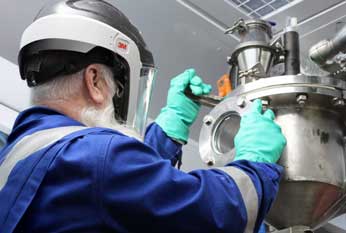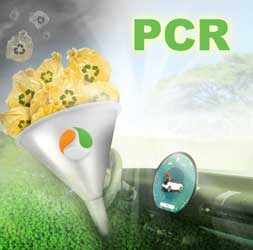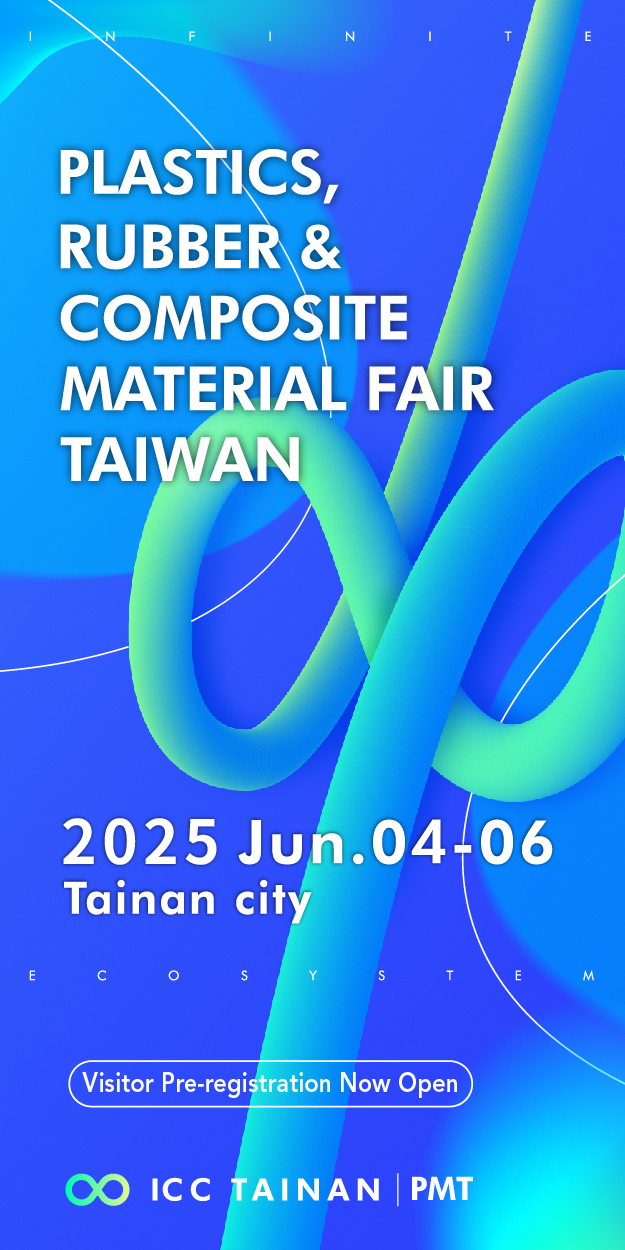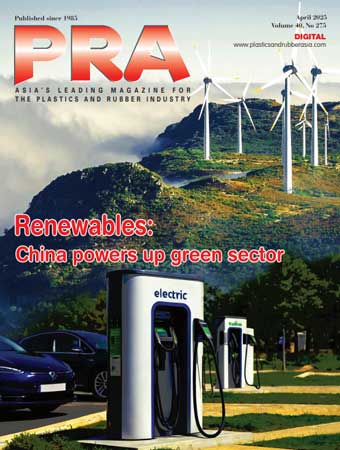Recycling: ReVentas secures funding for chemical recycling of PE/PP; TechnoCompound/RE Plano advance use of PCR in auto parts

Poland’s Orlen Venture Capital is one of the companies that has invested in ReVentas, a Scottish start-up whose recycling technology converts plastic waste into high-quality polymers. ReVentas secured Series A funding to enable the scaling of its plastic recycling technology from pilot plant to commercial operation over the next three years. The funding will allow the development of the start-up’s first commercial recycling plant, which aims to be operational in 2027 and process around 10,000 tonnes/year of material.
ReVentas also has plans to increase capacity to an additional 140,000 tonnes by 2031.
The Series A round was backed by Orlen VC, Beiersdorf Venture Capital, and the Scottish Enterprise, Scotland’s national economic development agency.
ReVentas’s technology is designed to chemically recycle PE and PP, which make up around half of all plastic produced. Despite 400 million tonnes/year of plastic waste being produced, the majority of plastic isn’t recyclable due to complex composition of materials, colour, or contamination.
The chemical recycling process developed by ReVentas uses a solvent to rapidly dissolve PE and PP, filtering the plastic of all contaminants and producing a ‘like-new’ plastic to replace virgin plastic.
The plastic waste is first shredded and granulated, with all large non-polymer contaminants removed, before being fed into a dissolution vessel which dissolves the polymers into a liquid slurry.
The polymer-solvent slurry is then passed through a series of filters removing any solid particulates and any dissolved contaminants such as odours, VOCs and chemicals present in the feedstock.
The clean surrey is separated from the solvent, and then dried and extruded to form pellets ready for use in new applications, such as packaging, automotives, construction, and textiles. The solvent is sent to be reused in the process.
According to ReVentas, this process operates at low temperatures and pressures, which reduces the cost of production while achieving an 80% reduction in carbon emissions over virgin plastic production.
In other news, TechnoCompound, which is part of the Polymer-Group, and RE Plano, a subsidiary of Remondis Recycling, are stepping up their cooperation in the use of post-consumer recyclates (PCR) for automotive applications. This is being done against the backdrop of the numerous EU regulations that are currently being discussed and have already been passed regarding the sustainability of companies and products, including the End-of-Life Vehicles Directive.

The use of recyclates from the lightweight packaging fraction of household waste sorting for use in technical products presents many challenges. Both companies have made significant developments and investments in this area in recent years.
At its latest sorting plant in Bochum/Germany, RE Plano uses an AI-supported sorting system that recognises individual packaging and can be freely programmed in terms of sorting criteria. This enables the company to achieve the highest purity levels in the fractions, which are suitable for later use in, for example, cosmetics packaging and vehicle interiors.
Dirk Breitbach, Managing Director of TechnoCompound, comments: “Building on our 35 years of experience in the use of recyclates in plastic compounds, the cooperation with RE Plano is an important step in the up-cycling of PCR from the lightweight packaging fraction for technical applications, such as vehicle interiors. This application has very high requirements in terms of emissions and odours, as well as the mechanical properties of our products.”
Through compounding, additives and further material processing, TechnoCompound uses these raw materials to produce plastic grades that pass the emission chamber tests, including odour and emissions, specified by vehicle manufacturers (OEMs). Regardless of the exact form of the future ELV directive, OEMs and Tier 1 and Tier 2 suppliers are pursuing their own sustainability strategies that include the use of PCR.
While the recovery of PCR from end-of-life vehicle recycling is still in its infancy, developments for the use of the PCR light packaging fraction are now well advanced and available for series application. TechnoCompound's PCR-based plastics are already being used in a number of automotive applications.
Examples include instrument panel carrier made from TechnoGreen PP LGF long glass fibre reinforced polypropylene grades, which are in production for two vehicles.
By working together, TechnoCompound and Remondis Recycling say they are helping their automotive customers to meet legal requirements and further achieve their sustainability goals within the circular economy.
(PRA)SUBSCRIBE to Get the Latest Updates from PRA Click Here»










